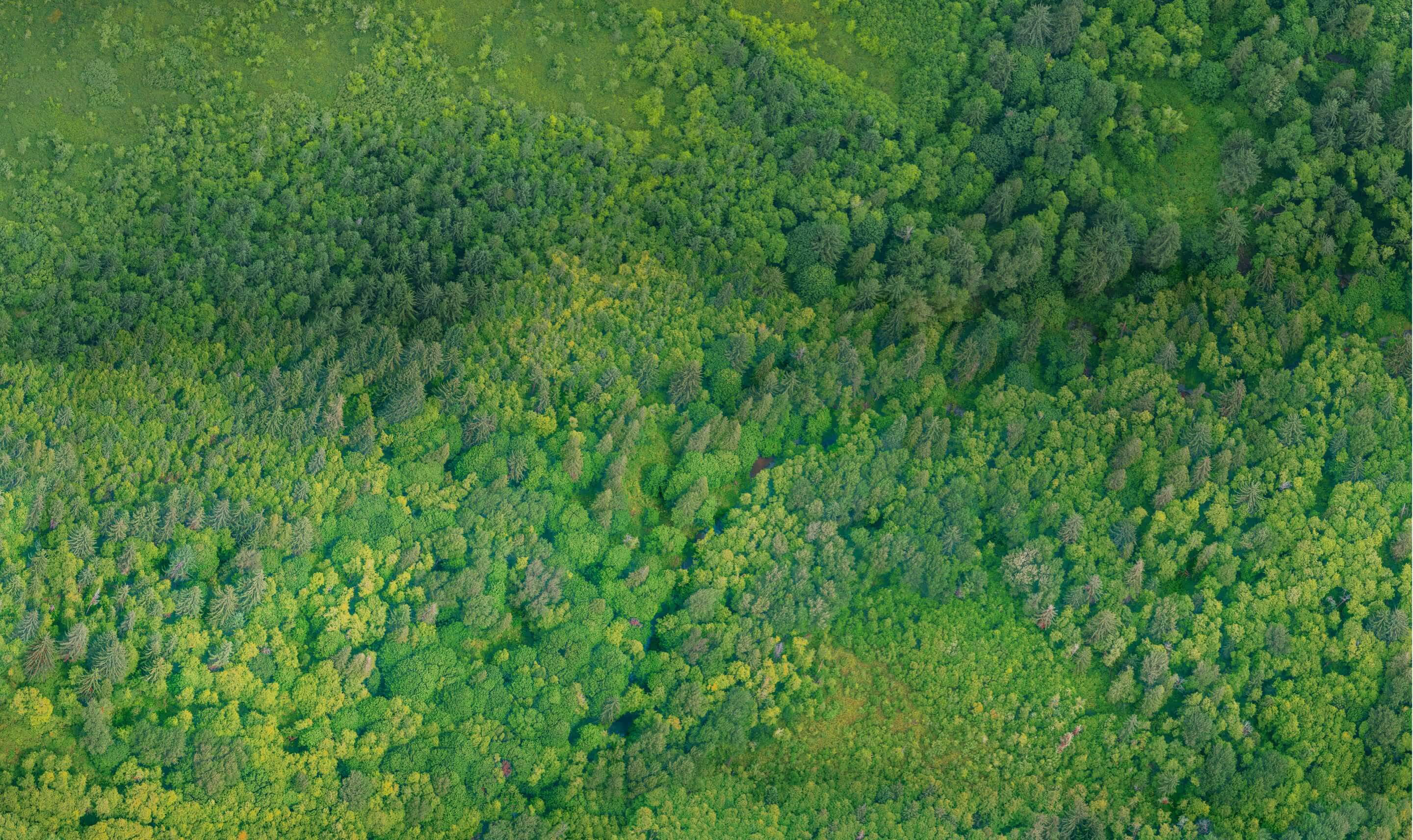9 Key Decisions of the World Water Forum in Bali
.png)
Will we soon run out of water everywhere in the world? What solutions can be found for the sustainable management of this vital resource?
The 10E World Water Forum, which took place from 18 to 25 May 2024 in Bali, Indonesia on the theme “Water for Shared Prosperity”, brought together experts, policy makers, civil society representatives and other key actors from around the world to discuss it! Our NGO LIFE participated in this event which led to the taking of important decisions. Addressing complex and interconnected water issues, these cover a wide range of areas from water resource conservation to international cooperation.
Our NGO LIFE at the Bali Water Forum
The 10E World Water Forum took place this year in Indonesia. This region of the world and particularly all of South Asia has been very affected by climate change. She has experienced multiple natural disasters related to water. The episodes follow one another and their frequency is accelerating.
Our NGO LIFE has been active for many years in this geographical sector and in particular on 3 islands, namely: Timor, Lombok and Sumatra. There, we carry out projects specifically related to water, but also actions contributing to mangrove conservation, a great barrier against floods. Our presence at the World Water Forum was an opportunity to share our knowledge, our experiences, to participate in the discussions of this global event and of course to meet all our local partners.

Here are the 9 key decisions of the World Water Forum
1. Integrated Water Resources Management (IWRM)
One of the main decisions of the World Water Forum in Bali is to promote the conservation and sustainable use of water resources. It is necessary to be able to meet human needs while maintaining ecosystems. This involves encouraging the adoption of national policies for integrated water resources management (IWRM).
2. Integrating water issues into action plans
All countries should include water issues in their action plans to combat climate change, pollution and biodiversity loss. This requires an integrated approach that takes into account the close relationships between water, climate and ecosystems. Policies and actions that aim to reduce greenhouse gas emissions, to protect watersheds (geographical areas that collect and direct rainwater or runoff to a watercourse or groundwater) and to encourage sustainable industrial practices are for example essential to succeed in this challenge.
3. Reducing the pressure on water availability
It is important to reduce the pressure on water availability. This can be achieved through sustainable management of water demand and supply and, through the diversification of water sources and the development of sanitation. The use of non-conventional water resources such as the reuse of treated wastewater and the collection of rainwater is an area to be developed.
4. Promoting World Lakes Day
Another initiative is to promote World Lakes Day to highlight the importance of these ecosystems as vital water resources. Lakes play a crucial role in regulating the water cycle, providing fresh water, and maintaining biodiversity.
5. Strengthening access to water and sanitation
Strengthening access to clean water, sanitation, and hygiene services is essential for health, education, and economic and social development. This requires investments in water and sanitation infrastructure as well as in raising awareness among local communities.
Our NGO LIFE has been working for many years to develop access to drinking water, sanitation, and hygiene in the world. Over the past 10 years, we have built more than 2000 wells in Africa and Asia. Thanks to them, children and women who were responsible for fetching water, sometimes very far away, can for some go back to school and for others turn to income-generating activities.

The construction of these wells, fountains and water towers goes hand in hand with sanitation interventions, in particular the construction of latrines. These two initiatives are interconnected: clean water prevents contamination from unsafe sources, while latrines reduce the spread of diseases by avoiding the contamination of local environments. Their joint development is crucial for improving health and health conditions in the world.

6. Disaster prevention and risk reduction
Faced with the increase in natural disasters caused by climate change, it was decided to strengthen risk management measures. Water resource management plans for droughts, floods and storms will be developed and implemented. They will include early warning systems, resilient infrastructure, and awareness-raising programs for local communities.
At LIFE, in all our projects, we encourage them to preserve their environment, their ecosystem, which has always been there to reduce the impact of natural disasters. In Indonesia, in particular, in the West Tenggara region, in the village of Genggelang, we are working to bring mangroves back to life. An ambitious reforestation project including the planting of 20,000 mangroves and fruit trees is under way. At the same time, we are actively raising community awareness of the crucial importance of this ecosystem for their environment and their quality of life.

7. Encouraging cross-border cooperation
Another key initiative is to encourage transboundary cooperation for the management of water resources. This means complying with international water agreements and working together to address issues related to the management of shared watersheds.
8. Education, Research and Innovation
The Forum also emphasized the importance of education, research and innovation in the water sector. This includes promoting cooperation in capacity building and technology transfer to stimulate innovative and sustainable solutions in the field of water management.
9. The creation of a Center of Excellence on Water
Finally, the Forum explored the possibility of creating a center of excellence on water in the Asia-Pacific region. This center would serve as a regional platform for the production of knowledge, the promotion of the exchange of information and data, as well as the development of research and innovation in the field of water management.
The Bali World Water Forum in Indonesia was marked by a collective awareness of global water challenges and by the determination of the international community to find sustainable solutions. The decisions taken represent an important step towards more equitable and responsible management of water resources, thus ensuring a safer future for all.
Together, let's work for fairer, more equitable and more serene access to drinking water



.avif)





